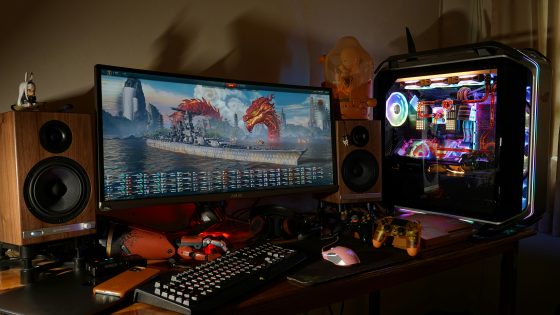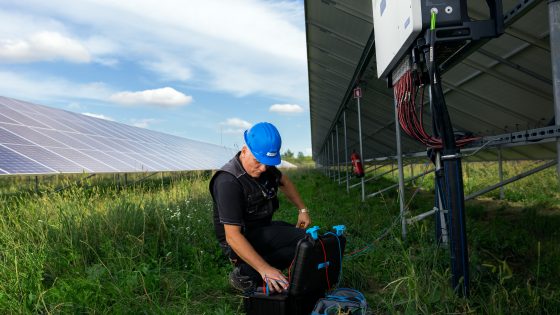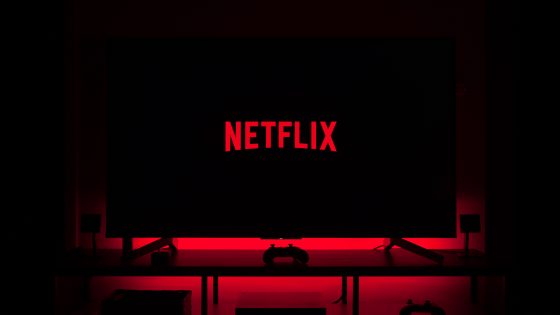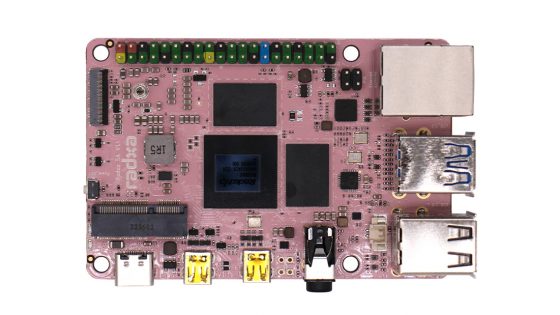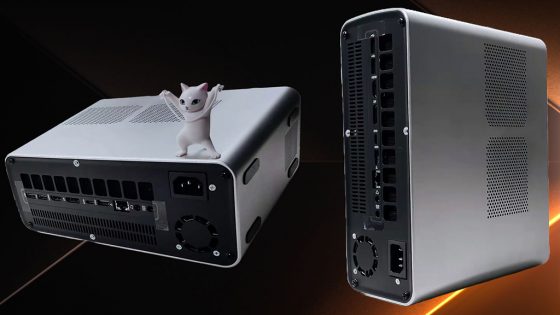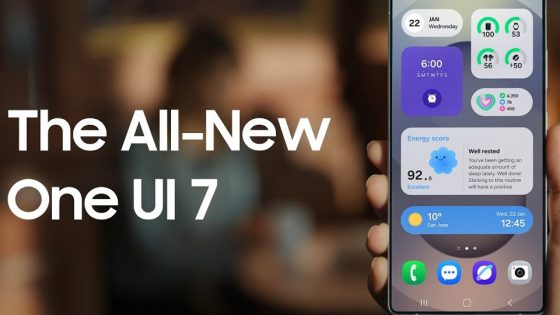Senua's Saga: Hellblade II – a psychological masterpiece
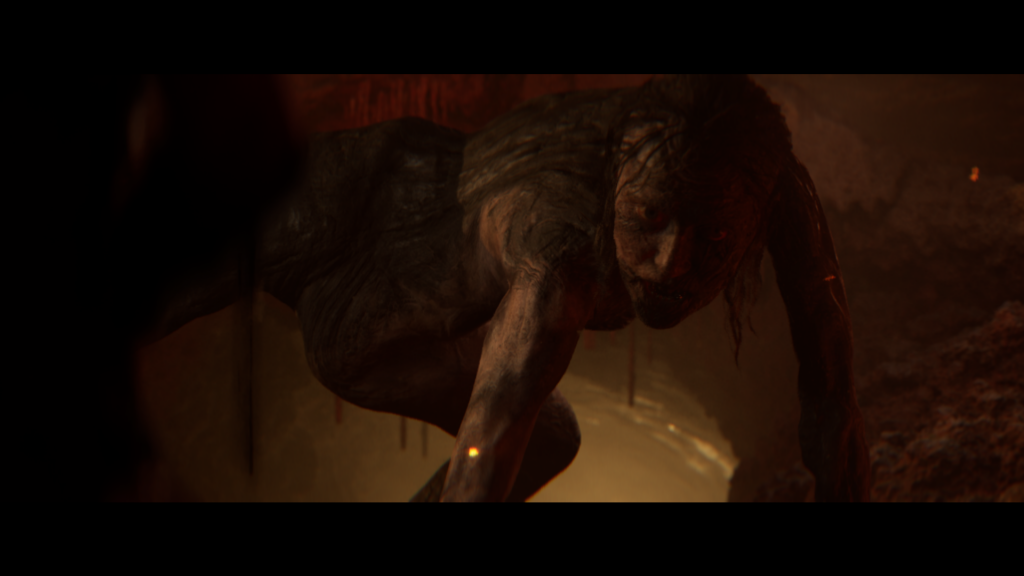
Short, full of hidden motives and an atmosphere that forces you to explore your own psyche. That's how I would quickly describe the sequel to the game from 2017, which even then surprised me with a slightly different gameplay and exploration of the world. After 5 years, they just upgraded the recipe and stuck to the foundations that made the original game so successful and iconic.
There aren't many games that tackle human psychology in such a bold way. The fact that they added Norse mythology and Celtic culture to the mix, and still made sure to focus on human thinking rather than supernatural elements, is just an added success.
To summarize briefly, both games revolve around the main protagonist, Senua, who has to survive in a brutal environment where vikings lurk at every turn in the physical world, while simultaneously fighting her inner demons. In the first part, our mission was to invade the Viking Hell in order to claim the soul of our dead lover Dillion. In the second part, we go on the hunt for the slave owners, who leave behind only suffering and broken families. What follows is a psychological thriller in which we grapple with our own doubts, while on the outside we must remain strong and become the leader of a people who have lost all hope.
We will find allies in former enemies and learn mercy and empathy along the way. Although on the surface the main villains are mythological creatures from Scandinavian culture and vikings, in reality, again (and expectedly) the main evil is man. I don't want to reveal more to you for obvious reasons. But I can say that the story is elaborate and at every step you can see the influence of psychologists and neuroscientists who participated in the development of the game. If you pay attention, you'll be able to read between the lines in almost every scene and realize that there's actually something going on behind the scenes that's completely different from what's actually happening on screen.
Some highlights from the game
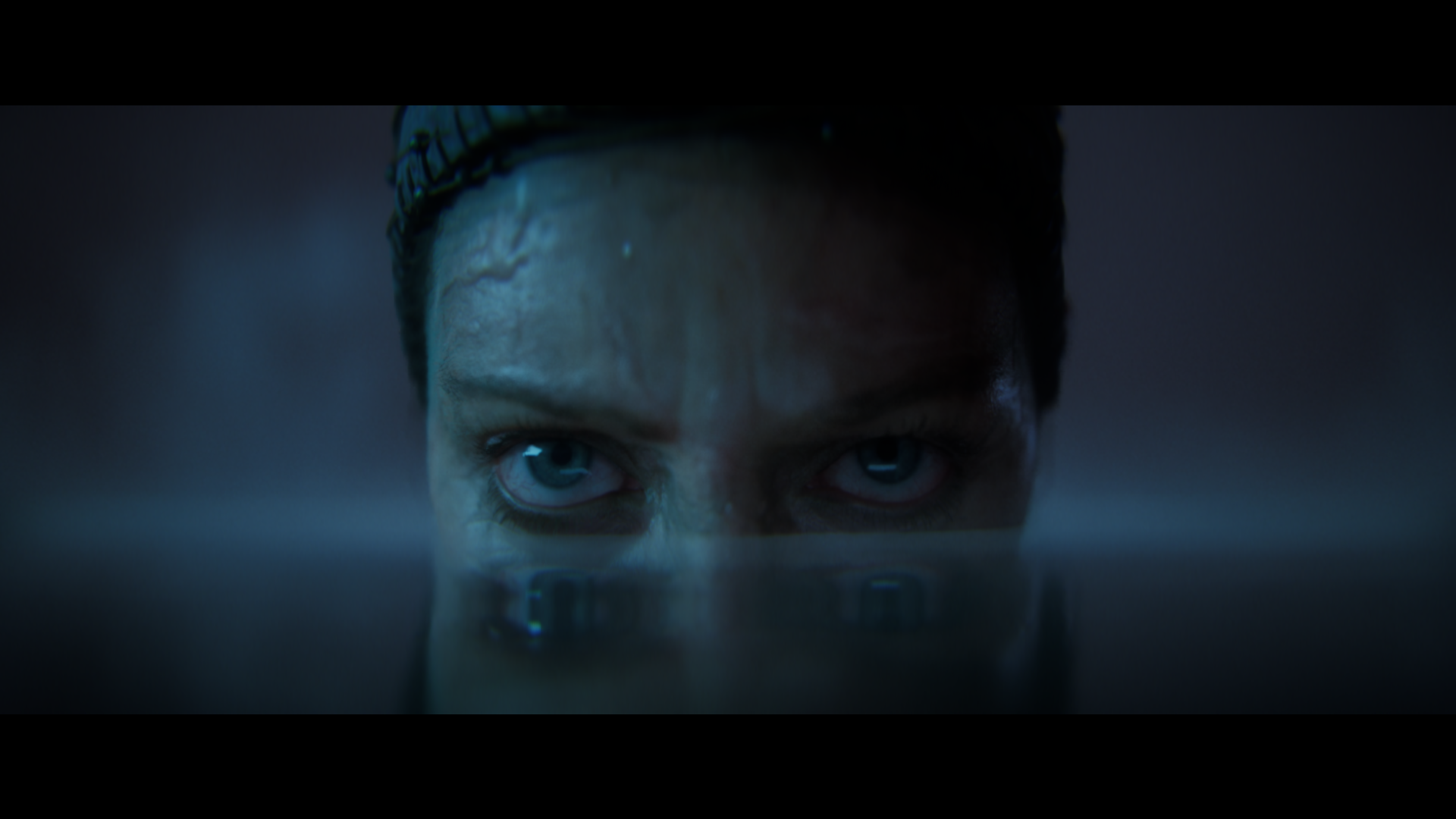
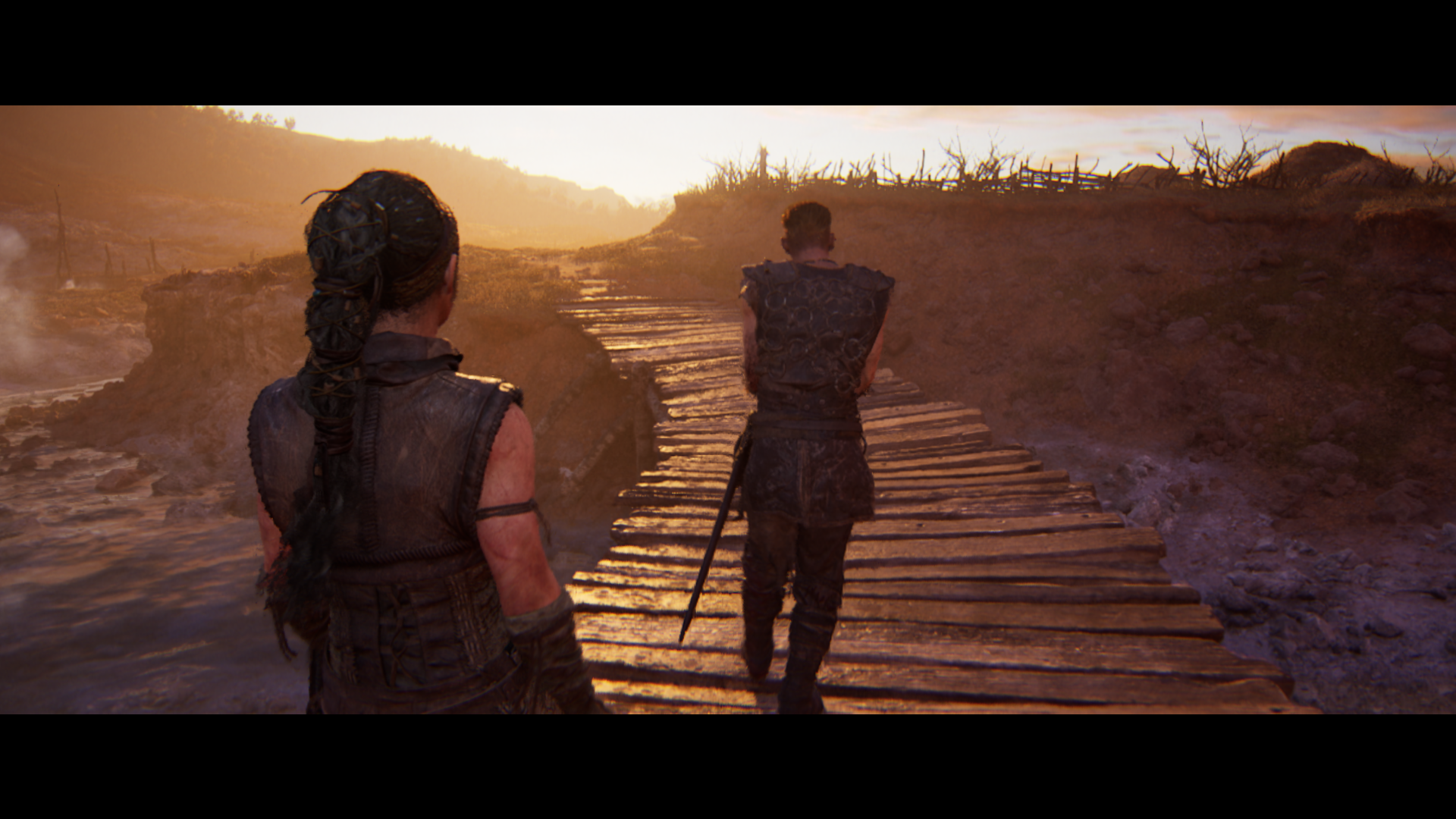
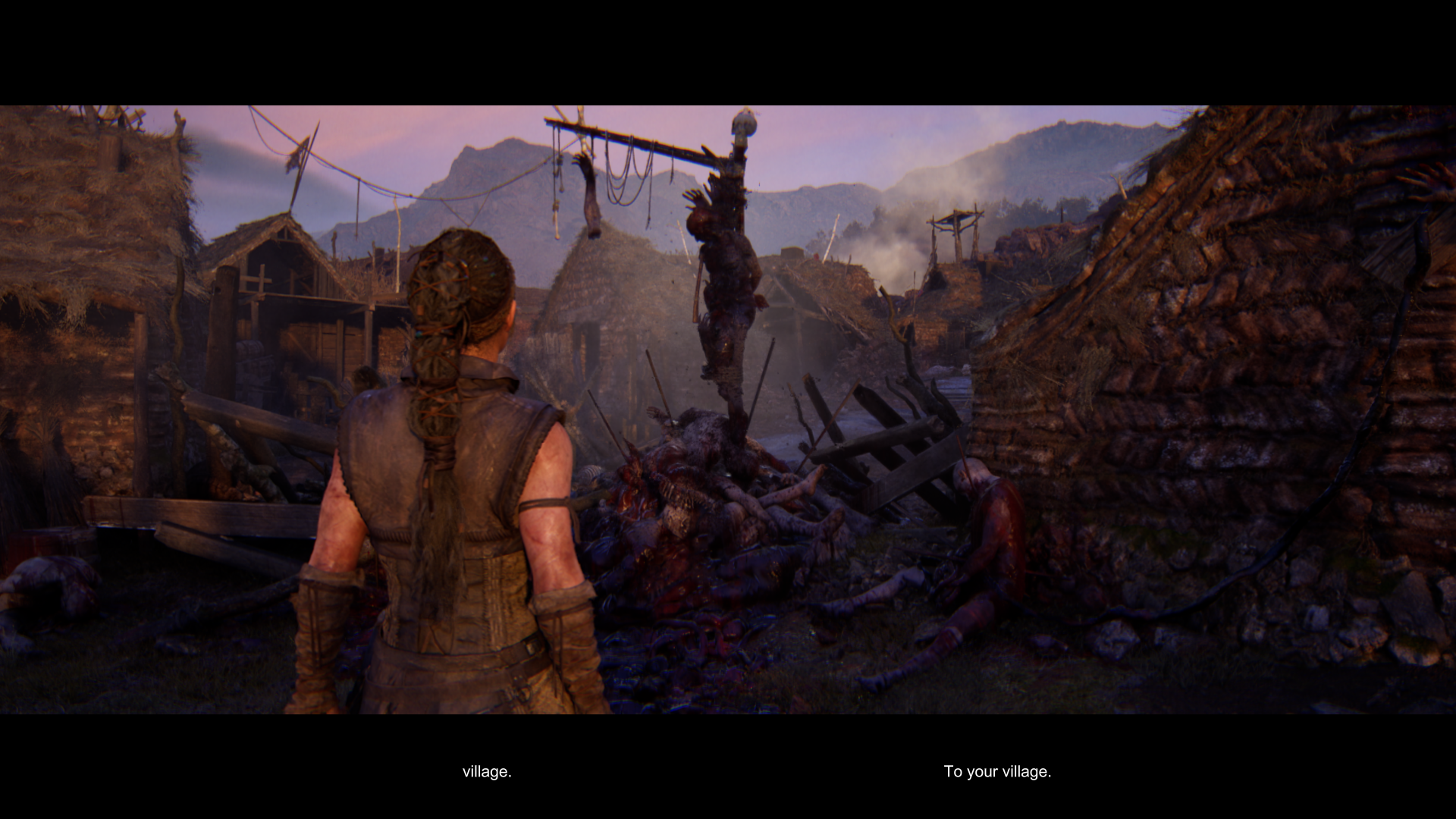
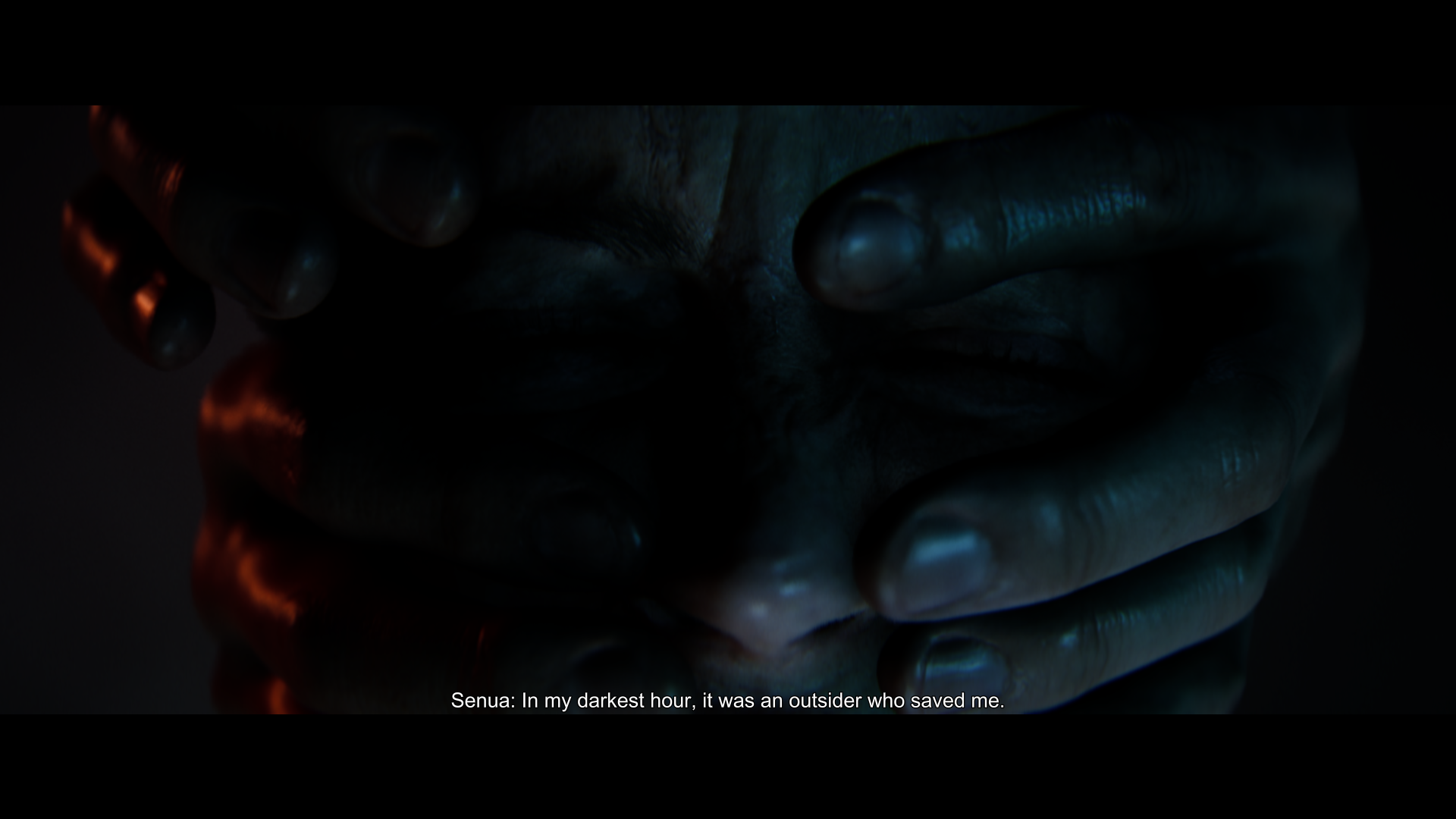
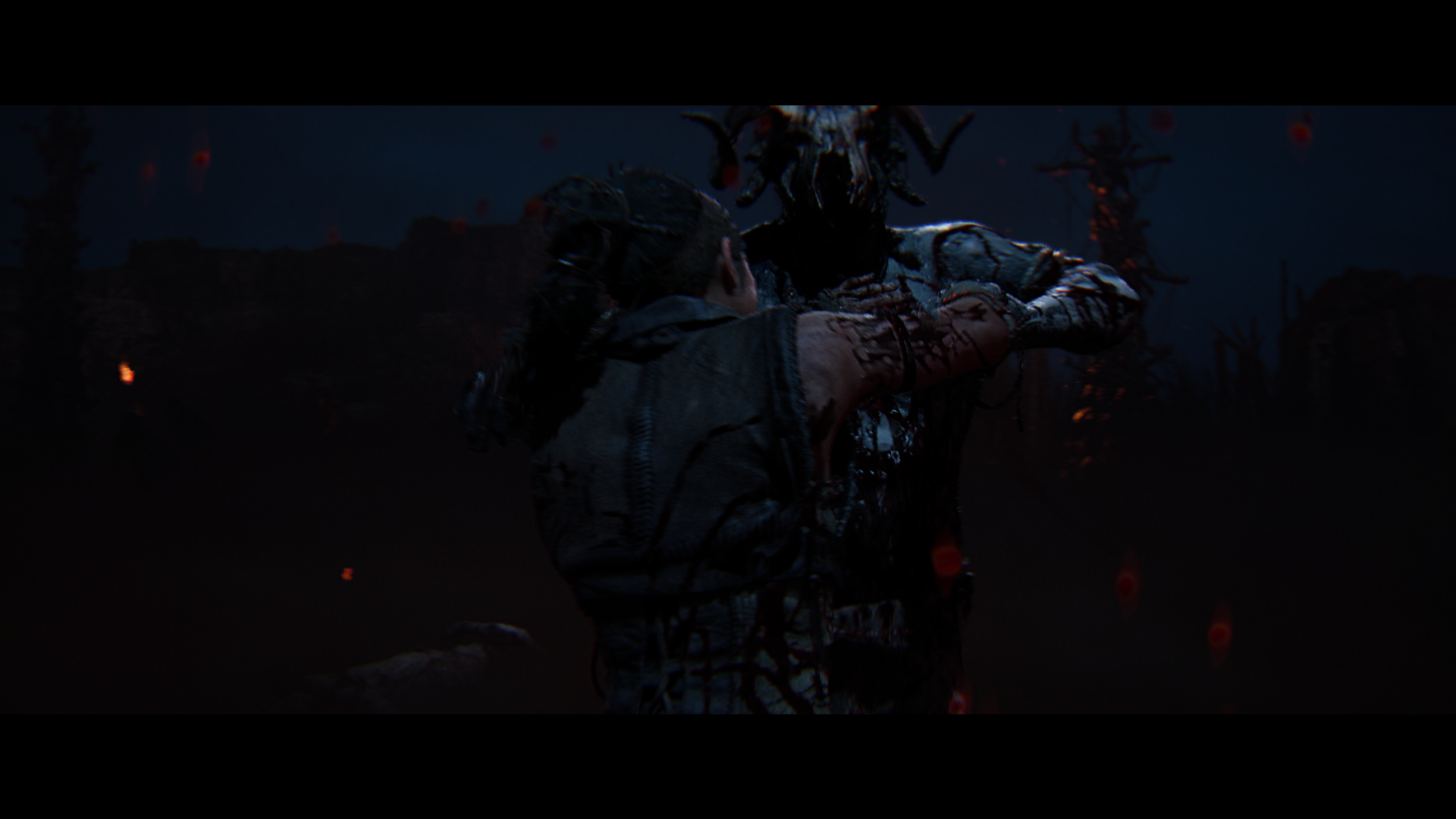
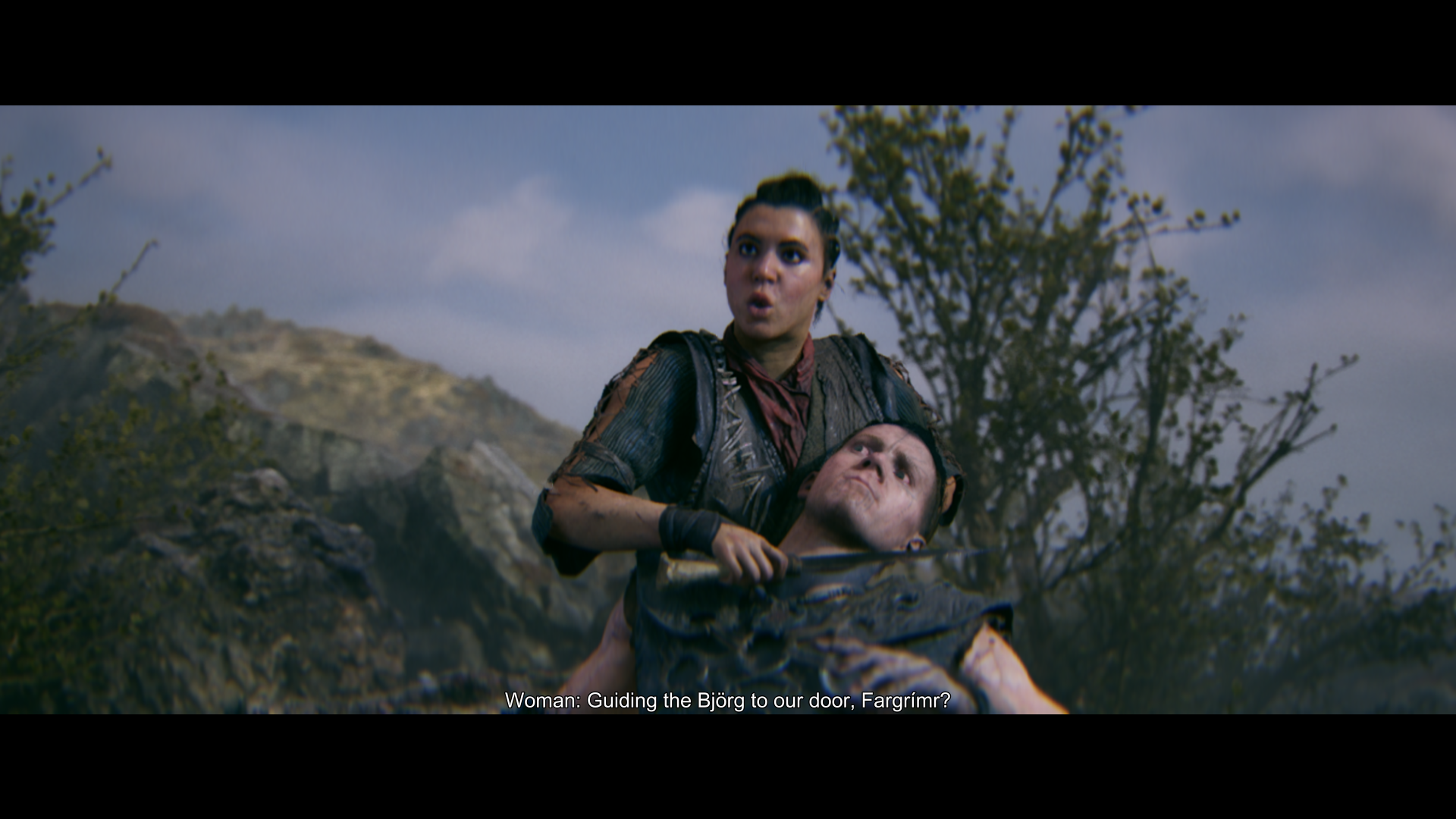
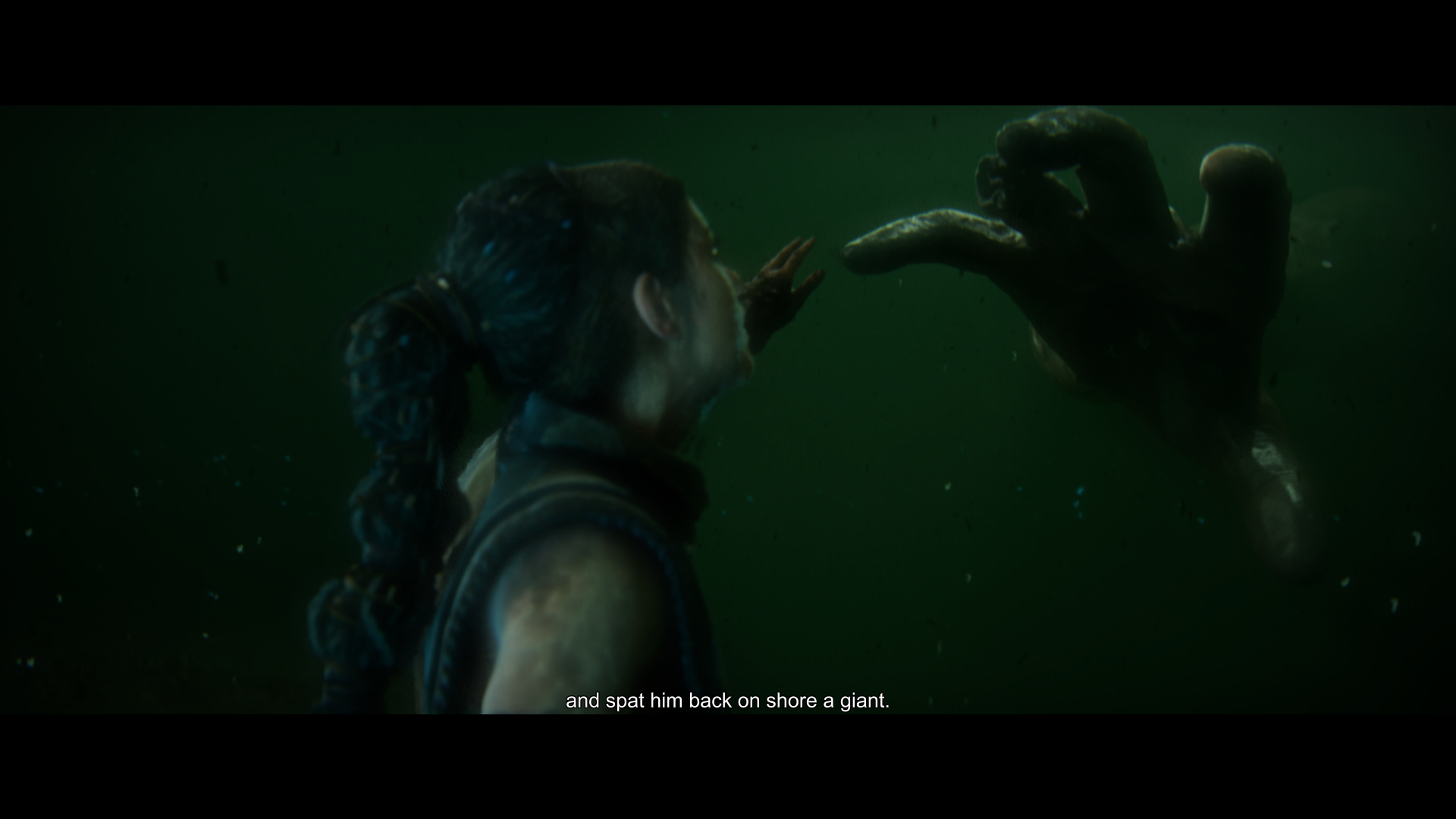
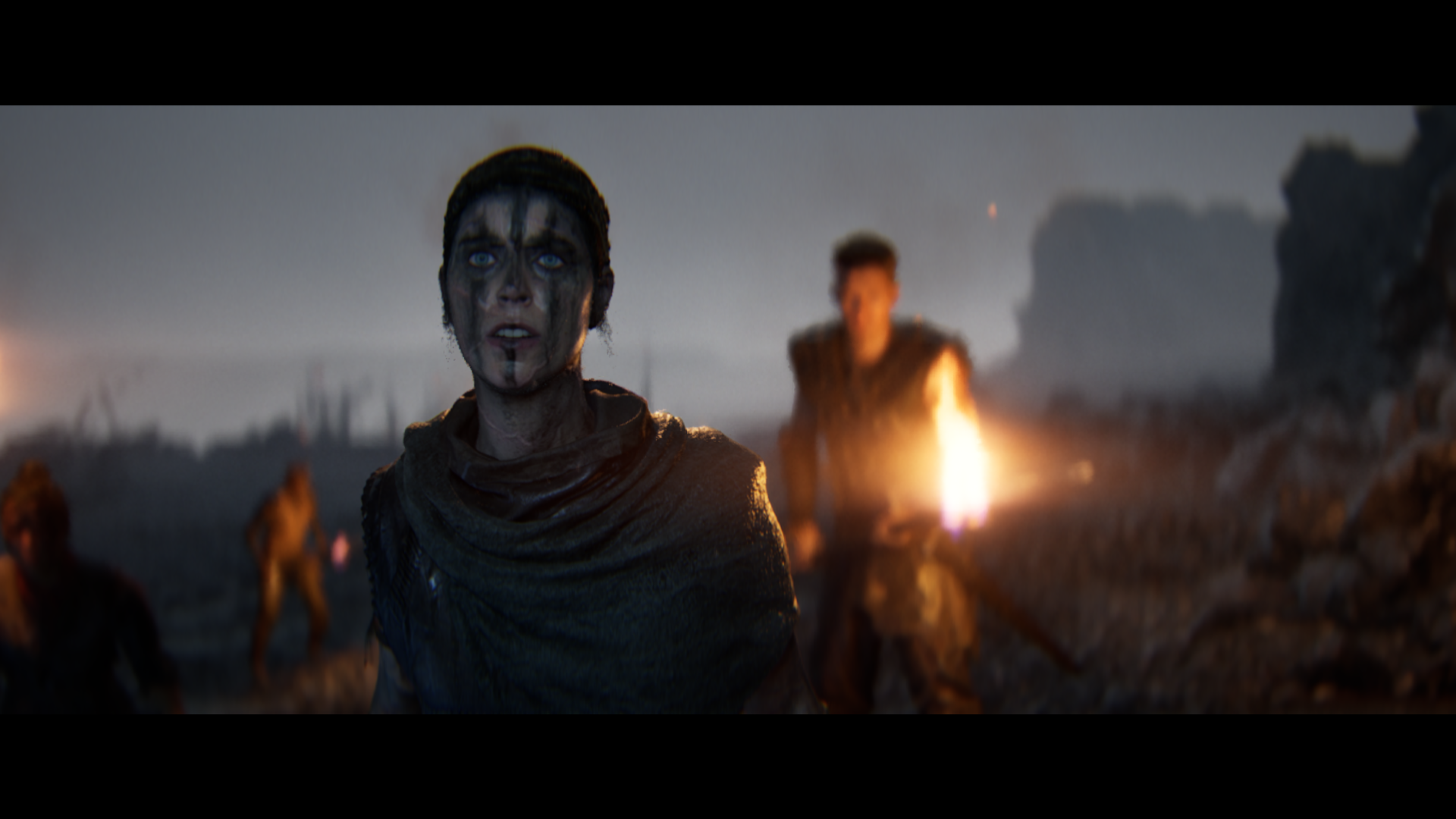
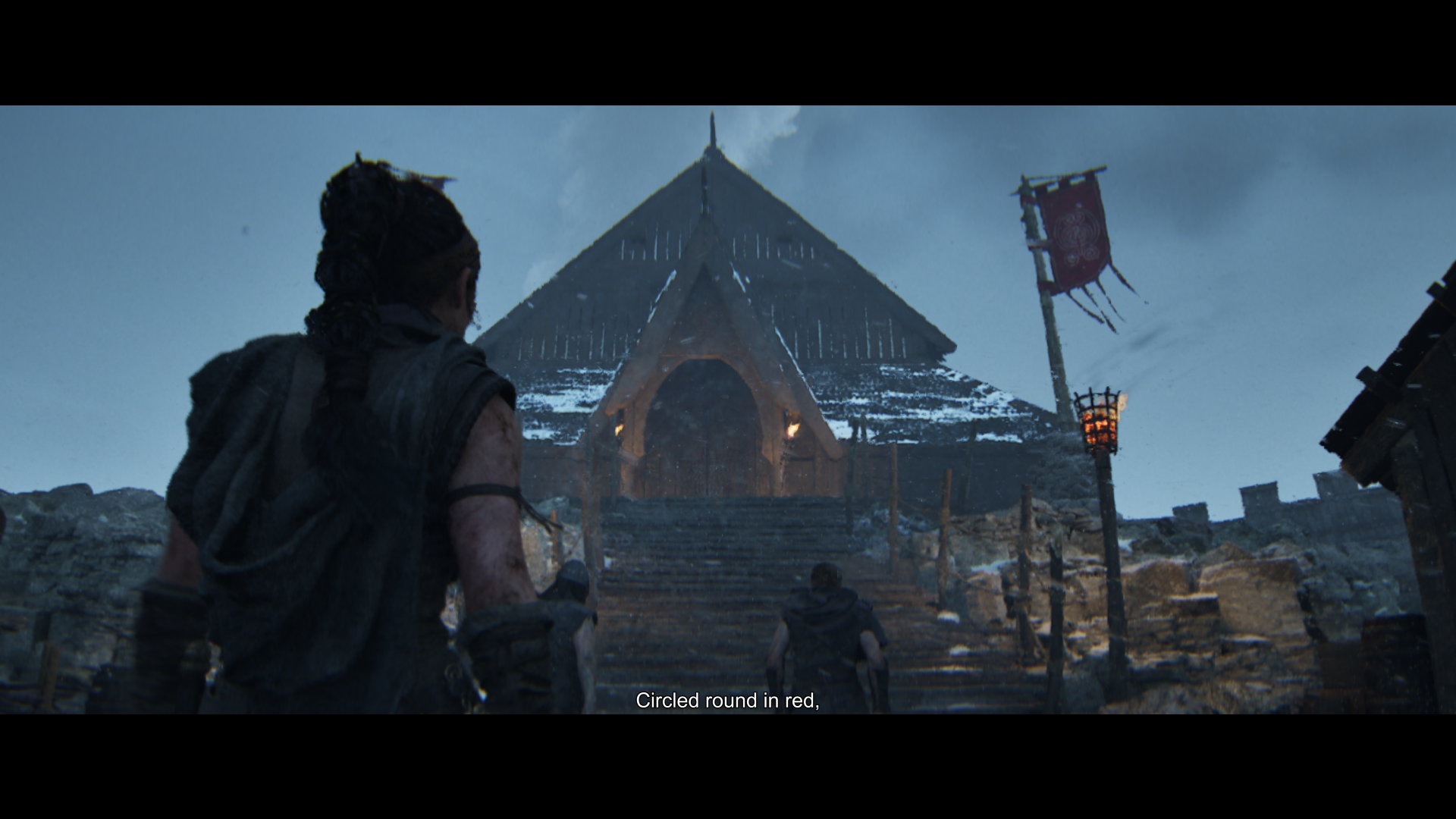
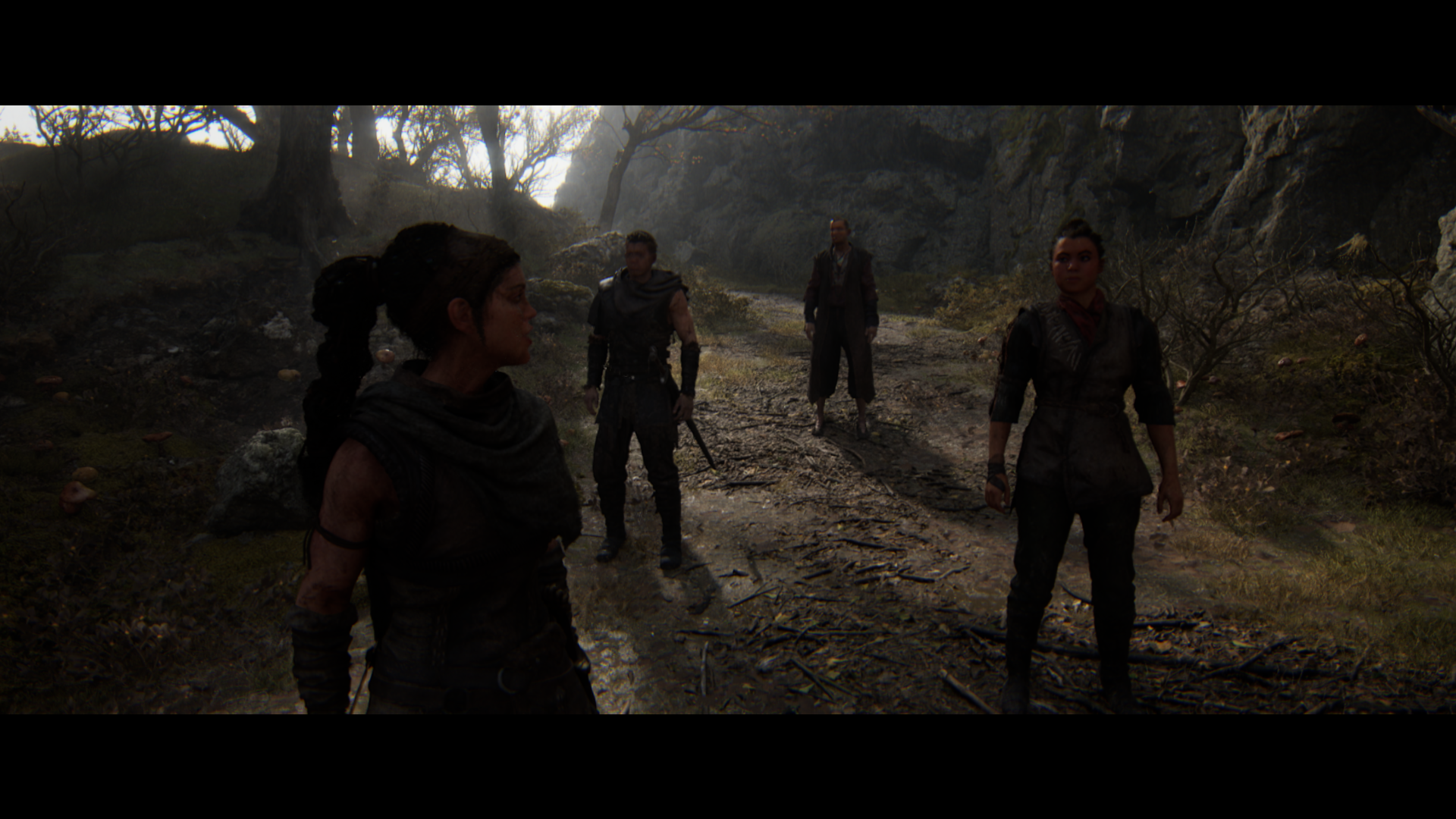
Combat is still as simple as in the first part. If you have good reflexes, you are at an advantage. But it's not a hard game. I died exactly once in the entire playthrough, and that was due to my own stupidity and not due to the intensity of my opponents. It's important to block at the right moment to catch the enemy off guard, while at the same time charging up your focus, which allows you to make quick work of anyone standing in your way. Since the combat is not challenging, it will be monotonous for many. I myself saw combat more as a break for the brain before I got back into researching human psychology. So this simplicity didn't bother me.
I recommend that you play it with headphones because as you explore the ravaged world you will feel like you are never alone as someone is always whispering positive or negative thoughts to you. It's that extra factor that really forces you to start thinking a little differently. Everyone can relate to the words you hear. Through the decisions we make, we explore how at every turn we are filled with doubt, mistrust, anger, sadness, bitterness and wait for those rare moments when it is time for joy and triumph.
The concept of the past is always present. Can we escape her? Does it mark us to the point where we can't actually make free choices? They've designed this perfectly, especially when it's time to understand the opponent and how we can "beat" them. For we cannot defeat him with sword and fire, but with understanding. It sounds cliché, but it comes out very natural and not drawn to the hair.
What I miss is more rich scenery. Exploration is very linear and there is only one way to get to the destination. In between, you can find hidden symbols that offer you an insight into the story of the world itself, but this is not enough. The landscape itself, with the exception of the underground, is one-layered and nothing happens on it. Even in those rare moments when we spend time in the settlements, nothing happens, and there is no possibility to talk with others.
I also expected to feel the consequences of my decisions more at some point. At some point we have to decide who to "save" and I expected that to play a role towards the end of the game.
The game, like the first part, is very short. You will play it in 5-6 hours, and from the point of view of length, 50 euros is quite a concrete price. In terms of quality, the game justifies its price.




